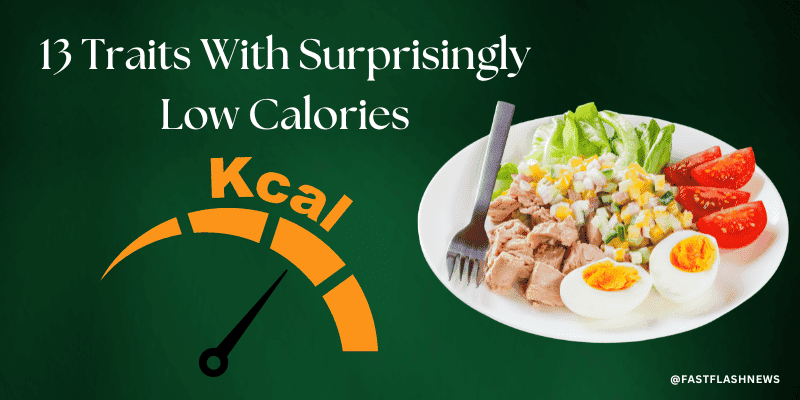Get practical healthy eating recommendations for reducing stress, improving mood, and increasing general well-being with easy dietary modifications.
Stress! It might feel like a continual presence. While we are all familiar with the sensation of stress, the repercussions on our eating habits and health can be a surprise. But what is stress? It refers to any physical, mental, or emotional strain that might have catastrophic repercussions when experienced over time. It can alter what we eat through cravings, overeating, or undereating. It can have an impact on our motivation to cook or exercise, as well as our immune response, which can lead to colds or diseases. So, what can we do? It is simple to say: Just be less worried! But, if our stress is here to stay (at least for a while), we need strategies for managing it and keeping healthy.
So, how can we reduce the effects of stress on our health?
Tip 1: Listen to Your Body!
Stress may be insidious. Because we travel so quickly from employment to soccer practice to school and back, it might be difficult to notice when stress is causing physical strain. It is possible to not even identify symptoms of stress until the harmful health repercussions have already started to set in. By listening to our bodies and identifying when we are stressed, we can counteract the health implications of too much stress early on!
Ask yourself: How does my body inform me that I am stressed?
Tip 2: Don’t Forget Self-Care!
Taking care of ourselves when life appears to be all-consuming can feel like a low priority. When things get hectic, it’s common to skip sleep, meals, or exercise to make up for lost time. These sacrifices can trigger our bodies’ survival mode. This can activate the fight or flight reaction, making it more difficult to sleep, avoid disease, or even relax after things quiet down. It is critical to eat regularly throughout the day and give our bodies the rest that they require.
Ask yourself: What are some healthy stress-management strategies?
Tip 3: Eat foods that relieve stress!
While there may not be a miracle treatment for stress, there are foods that both energize and nourish our bodies, keeping our health on the right track.
1) Antioxidants can help prevent or delay cell damage. Some examples are tea, blueberries, beets, beans, tomatoes, kale, and even (!) dark chocolate.
2) Omega-3 Fatty Acids: These can help combat inflammation in the body, which is a stress response. Some examples include: almonds, flax, and chia seeds, soy products, and seafood.
3) Vitamins: Certain meals are abundant in nutrients like vitamins C, B6, and E that assist enhance our immune system to offer extra protection during stressful times. Examples include citrus foods, dark leafy green veggies, bell peppers, and garlic.
Consider what items you could incorporate into your diet to assist manage stress.
Tip 4: Avoid Stress-Inducing Foods!
Certain foods might put strain on our bodies or aggravate the stress response. Caffeine, for example, can disrupt sleep and promote dehydration. Alcohol can also cause dehydration and depression. Foods heavy in sugar and calories might cause us to feel bloated, sluggish, and fatigued.
Consider this: what meals do I crave when I’m stressed?
Follow These Tips to manage Stress.
Certain times in life may feel more stressful than others. The more we listen to our bodies and take care of ourselves, the less influence stress has on our health. Certain foods high in antioxidants, omega-3 fatty acids, or vitamins and nutrients can help us avoid some of the health risks associated with stress. Eating healthy can help us stay on track even when life becomes stressful!




